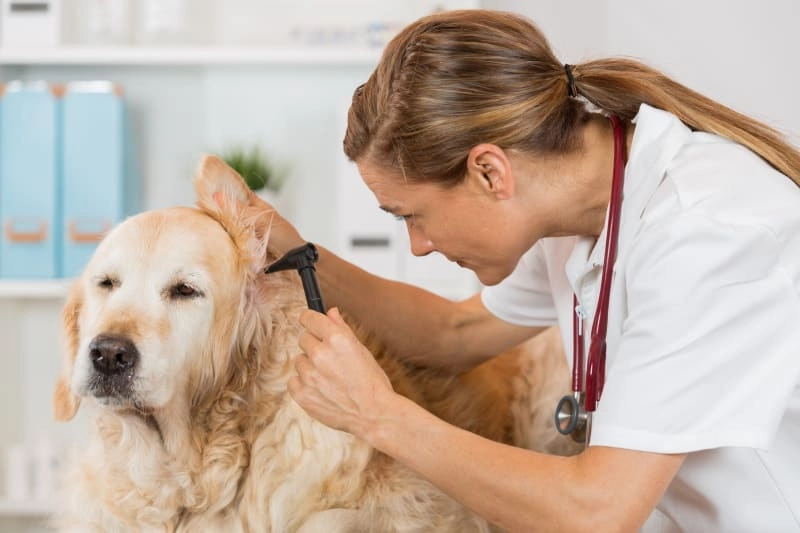In the ever-evolving veterinary landscape, explaining pet euthanasia alternatives is crucial for business growth. By catering to diverse client needs sensitively, practices can stand out as compassionate and innovative. Offering these alternatives not only deepens client connections but also paves the way for industry advancement. In a competitive market that values empathy, exploring and effectively communicating these options can significantly shape the future of veterinary businesses and improve the overall pet care experience.
Key Takeaways
- Offering pet euthanasia alternatives enhances client satisfaction and loyalty.
- Providing diverse end-of-life options fosters business growth and sustainability.
- Catering to varying client needs increases referrals and positive word-of-mouth.
- Compassionate approaches to euthanasia promote business reputation and growth.
- Offering alternatives showcases inclusivity and understanding, driving overall business growth.
The Impact of Pet Euthanasia Alternatives
The implementation of pet euthanasia alternatives in veterinary practices can greatly impact both the quality of care provided to animals and the overall growth potential of the business. By offering compassionate end-of-life options, such as hospice care or natural death support, veterinarians can enhance client satisfaction and loyalty. This, in turn, can lead to increased referrals and positive word-of-mouth, fostering business growth and sustainability.

Exploring Different Euthanasia Methods
Various techniques are available for euthanizing pets in veterinary practice, each with its own considerations and implications.
- Intravenous Injection: Administered by a veterinarian, inducing rapid unconsciousness and passing.
- Inhalant Anesthesia: Requires sedation before administering the final anesthetic gas.
- Physical Methods: Rarely used, including stunning or captive bolt as a humane option for certain species.
Benefits of Offering Alternatives
Introducing diverse euthanasia options in veterinary practice can enhance client satisfaction and bolster business growth through increased service flexibility. By offering alternatives such as in-home euthanasia, group cremation, or memorial services, veterinary practices can cater to varying client needs and preferences. This not only fosters a sense of inclusivity and understanding but also sets the stage for long-term relationships and positive word-of-mouth referrals within the community.
Addressing Client Concerns Compassionately
Addressing clients’ concerns with empathy and understanding is paramount in the veterinary profession, ensuring a compassionate approach to difficult decisions surrounding pet euthanasia.
Ways to Address Client Concerns:
- Listen actively to their emotions and thoughts.
- Provide clear and honest information about the process.
- Offer support and guidance throughout the decision-making process.
Enhancing Business Reputation and Growth
Fostering a strong reputation and promoting sustainable growth are essential objectives for veterinary practices seeking to excel in the competitive pet care industry. By providing compassionate and efficient pet euthanasia alternatives, businesses can enhance their standing within the community. Positive reviews and word-of-mouth referrals resulting from exceptional end-of-life care can lead to increased clientele and overall business growth in the long run.
Frequently Asked Questions
Are Pet Euthanasia Alternatives More Expensive Than Traditional Methods?
When comparing costs, pet euthanasia alternatives may vary in expense depending on the specific method chosen. Factors such as the procedure complexity, medication used, and additional services required can influence the overall cost relative to traditional euthanasia methods.
How Can Pet Owners Decide if Euthanasia Alternatives Are Right for Their Pet?
When deciding on euthanasia alternatives for pets, owners should consider factors like their pet’s condition, prognosis, and quality of life. Consulting with a veterinarian for guidance and discussing options can help make an informed decision.
Are There Any Legal Considerations for Offering Euthanasia Alternatives?
Legal considerations for offering euthanasia alternatives in veterinary practices include compliance with state laws, obtaining proper licensing, ensuring informed consent from pet owners, and adhering to professional ethical guidelines. It’s important to navigate these aspects meticulously.
Do Pet Euthanasia Alternatives Require Additional Training for Veterinary Staff?
Pet euthanasia alternatives may require additional training for veterinary staff to guarantee proper implementation. Understanding the nuances of these alternatives, including techniques, protocols, and emotional support, is essential for providing compassionate care in these delicate situations.
Can Pet Owners Request Specific Euthanasia Alternatives for Their Pets?
Pet owners can request specific euthanasia alternatives for their pets, subject to veterinary approval. Communication between pet owners and veterinarians is essential in ensuring the best decision is made for the pet’s well-being and comfort during this difficult time.
Conclusion
To sum up, understanding the benefits of offering pet euthanasia alternatives is essential for veterinary business growth. By providing compassionate end-of-life options, businesses can enhance client satisfaction, loyalty, and trust, leading to increased referrals and positive word-of-mouth. Catering to varying client needs not only improves the overall quality of care for animals but also positions the veterinary practice as a compassionate and understanding establishment within the community, driving long-term success and reputation.
You May Also Love to Read: The Advantages of Tennis Elbow Therapy for Business Leaders






